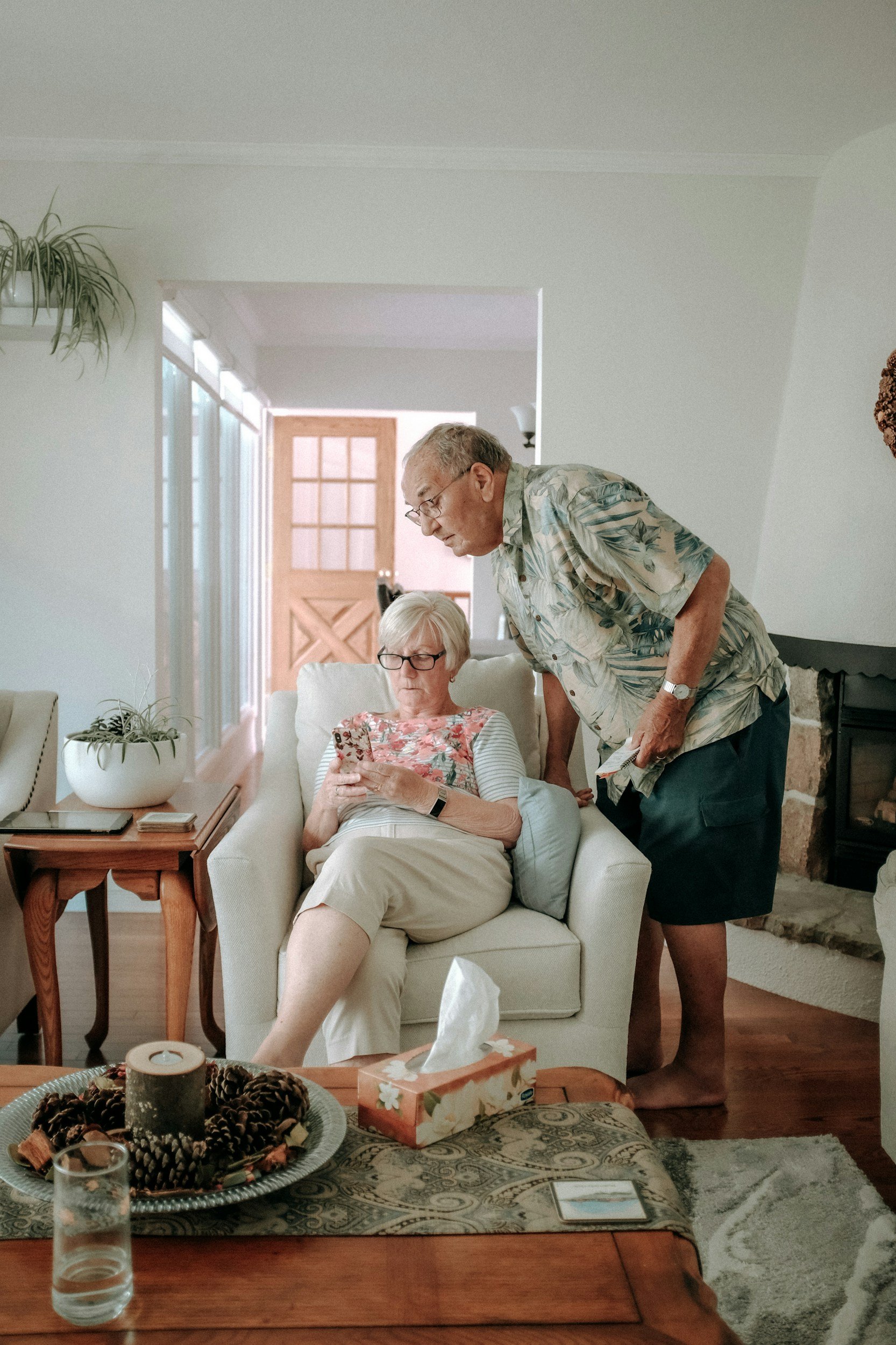

How to Handle Someone Not Listening
Ever leave a conversation with your partner feeling not listened to? What about feeling defeated? Pissed? Misunderstood? If you have walked away from a conversation feeling like nothing you said mattered, that feels terrible! We all have been the one feeling defeated and the one who’s not showing off their good listening skills.

How to Deepen Love
Time for the big question. How do you deepen love? Maybe you’ve been in that new love which is full of passion and excitement, and now it’s settling down to the more dependable (and dare I say mundane) type of relationship. Maybe you’ve been married for 15-years and you love your partner, but you also feel lonely and wish for a stronger connection. Maybe you’ve never felt a deep type of love and wonder how others manage to feel that way. No matter what…

The Four Horsemen (of Relationships)
When we talk about the four horsemen, we're not talking about the apocalypse. We're talking about four styles of communication that, when present within relationships, predict the eventual dissolution of that relationship.

Couples Therapy & Marriage Counseling, 101
We want people to know what they expect when they come into The Counseling Hub for relationship counseling. So, we figured we could pen this post in a matter of minutes and clear the air.

You Know What To Do, But Do You DO It?
Here’s the scenario. I’m in session with a couple and we start an intervention that requires stating things from a personal perspective for one person and listening and summarizing for the other (without giving their interpretation or jumping into why). Easy peasy, right? WRONG.

Conflict Avoidance by Listening (Easy as Pie)
You know the song and dance... Partner one says, “I’m upset about this thing that happened.” Partner two says, “I didn’t do anything wrong!” Partner one says, “You did xyz!” Partner two says, “That’s only because you did abc!” And then the two careen into a fight that has no real beginning and no real end.

Engaging Emotionally with Your Partner
One of the most common themes I see between hetero couples (some same-gender couples, but lots of hetero) is that they are speaking two different languages.
